
U.S. Federal Reserve on Wednesday raised interest rates for the third time since the 2008 global financial crisis, with the job market strengthening and inflation rising toward its target.
"In view of realized and expected labor market conditions and inflation", the central bank decided to raise the target range for the federal funds rate by 25 basis points to 0.75-1.0 percent, the Fed's policy-making committee said in a statement released after its two-day meeting.
That marked the Fed's third rate hike since the financial crisis and the second time in three months, suggested the Fed has stepped up its pace of tightening with more confidence in the strengthening of the U.S. economy.
In a speech in Chicago earlier this month, Fed Chair Janet Yellen had signaled that the pace of future rate hikes would not be as slow as once a year in 2015 and 2016, and an interest rate hike this month would likely be appropriate.
"Waiting too long to scale back some of our support could potentially require us to raise rates rapidly sometime down the road, which in turn could risk disrupting financial markets and pushing the economy into recession," she said.
The Fed's updated projections showed that policymakers expected the federal funds rate to rise to around 1.4 percent at the end of 2017, unchanged from the estimates they made in December, implying two more rate hikes later this year.
"We've seen the labor market that has healed quickly and kept generating impressive job growth," Ulrik Bie, chief economist for global macro at the Institute of International Finance (IIF), told Xinhua before the Fed's meeting, adding that "the potential more inflation" generated from job growth going forward warranted a decisive action from the Fed this week.
The U.S. economy added 235,000 jobs in February and the unemployment rate edged down to 4.7 percent, a level consistent with Fed's projections of full employment, according to the Labor Department. Meantime, the core price index for personal consumption expenditure (PCE), the Fed's preferred indicator for gauging core inflation excluding food and energy, increased 1.7 percent in January from a year ago, moving toward the central bank's target of 2 percent.
The Fed's statement signaled the central bank was more confident about inflation, noting that "inflation has increased in recent quarters".
It also said the target of 2 percent remains a "symmetric" goal, implying the central bank could tolerate inflation rising slightly above the target for a time.
"Our decision to make another gradual reduction in the amount of policy accommodation reflects the economy's continued progress," Yellen said of the rate hike on Wednesday at a press conference.
"The simple message is the economy is doing well." The central bank expected the U.S. economy to grow at 2.1 percent in 2017 and 2018, little changed from the December forecast.
The Fed held its benchmark short-term interest rate near zero from the end of 2008 through most of 2015, before beginning a tightening cycle in December 2015.
















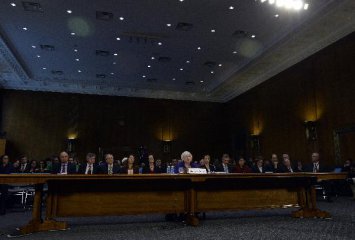
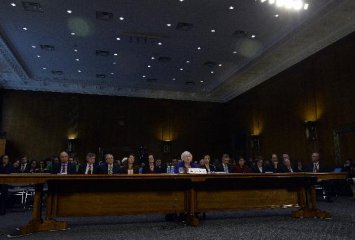
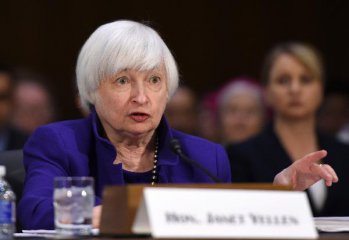
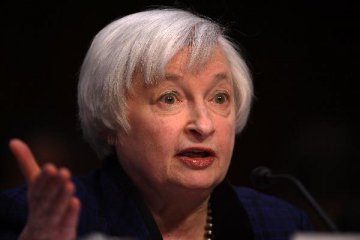
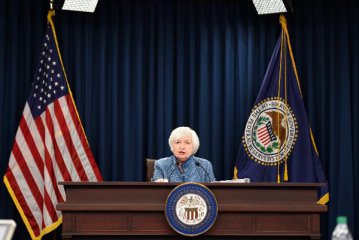
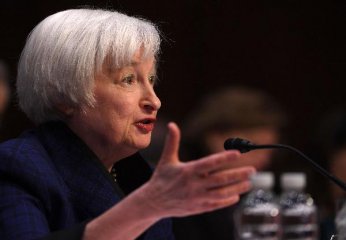


Latest comments